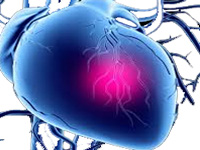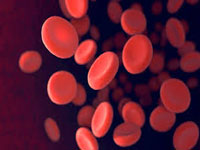World migration report 2024
The International Organization for Migration (IOM) launched the World Migration Report 2024, which reveals significant shifts in global migration patterns, including a record number of displaced people
The International Organization for Migration (IOM) launched the World Migration Report 2024, which reveals significant shifts in global migration patterns, including a record number of displaced people
In Kenya, women are the main collectors of water for household needs and are extensively engaged in the agriculture sector which is the most intensive user of freshwater resources through irrigation. Although
The Household Energy Assessment Rapid Tool (HEART) was developed by WHO and is being pilot-tested for use in conducting rapid situational assessments and stakeholder mapping of a country’s readiness to
<p>An estimated 32 million women and girls of reproductive age living in emergency situations, all of whom require sexual and reproductive health (SRH) information and services. This systematic review

Study focuses on women; first time such research has been conducted in India Women in India are more likely to have vitamin D deficiency, especially those belonging to lower socio-economic groups, a
This report explores existing institutional linkages between gender, water and climate change in Uganda. Climate change is affecting water quantity and quality in Uganda and is an emerging major threat
<p>Sexual and reproductive health and rights (SRHR) are fundamental to people’s health and survival, to economic development, and to the wellbeing of humanity. Several decades of research have shown—and
A study of three villages in Jalpaiguri district, West Bengal, reveals that there is an alarming decline in female agricultural wage labour, resulting in de-feminisation, devastating poverty and outmigration

HYDERABAD: A cardiovascular risk study done for the entire country by researchers of Harvard University along with Population Health Foundation of India revealed that people of Telangana and Andhra Pradesh

In India, deaths due to AIDS have been reduced by nearly 55 per cent over the last decade and new HIV infections have been reduced by 66 per cent since 2000. India has said that achieving global targets

NEW DELHI: The government is set to streamline the rules for blood donation for safety of both patients and donors. The health ministry is expected to come up with specific donor selection criteria.